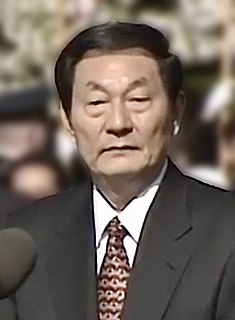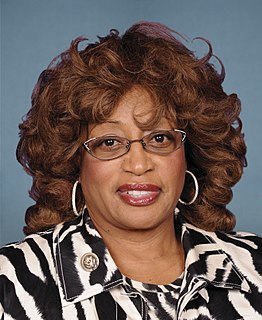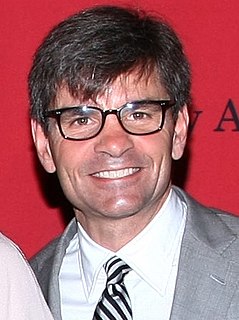A Quote by Seth Grahame-Smith
Abraham Lincoln comes from nothing, has no education, no money, lives in the middle of nowhere on the frontier. And despite the fact that he suffers one tragedy and one setback after another, through sheer force of will, he becomes something extraordinary: not only the president but the person who almost single-handedly united the country.
Related Quotes
Until the early 90s, when I was working on a project about the idea of free will in American philosophy. I knew that Lincoln had had something to say about "necessity" and "fatalism," and so I began writing him into the book. In fact, Lincoln took over. I wrote instead 'Abraham Lincoln: Redeemer President,' in 1999, and I've splitting rails with Mr. Lincoln ever since. If there's a twelve-step process for this somewhere, I haven't found it yet.
Abraham Lincoln was, in my judgment, in many respects, the grandest man ever President of the United States. Upon his monument these words should be written: "Here sleeps the only man in the history of the world who, having been clothed with almost absolute power, never abused it, except upon the side of mercy."
I assume, gladly, that in the allocation to America of remarkable leaders like Thomas Jefferson, George Washington, and Abraham Lincoln, the Lord was just as careful. After all, if you've got only one Abraham Lincoln, you'd better put him in that point in history when he's most needed-much as some of us might like to have him now.
What Abraham Lincoln had to face was a culturally and politically cohesive bloc of states comprising half the country, refusing to discuss even the limitation of slavery; while he had only the most feeble means of enforcement. The British and the French could do their emancipating at a distance; Lincoln had armed resistance almost literally at his doorstep.
There has been an awful lot of time and money spent looking at the president over the last four years The American people saw through those investigations. They voted for the president. And despite all of this time and attention, nothing has turned up because the president and the first lady did nothing wrong.
We have to make education a priority, but all this debate about education and testing is almost beside the point. We only spend a fraction of the money on education that we spend on arms buildups. Under a Kucinich administration, education becomes one of the top domestic priorities. We put money into it. We cause the government to be vitally involved in it. And we make sure our children have the love of knowledge.
































